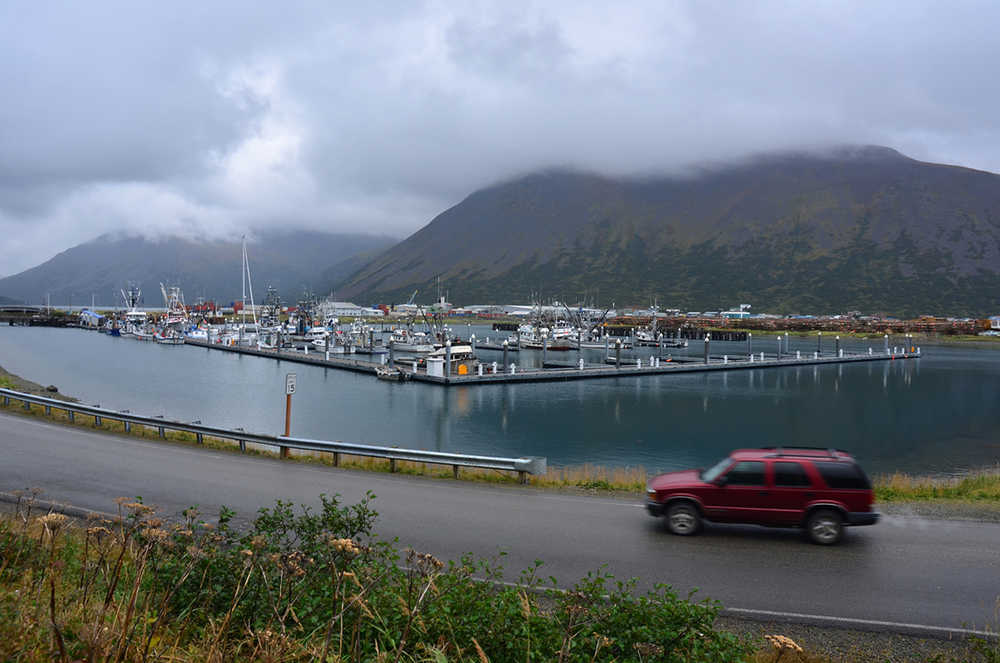JUNEAU — A federal judge in Alaska on Tuesday dismissed a lawsuit brought over the U.S. Interior Department’s refusal to allow for a road through a wildlife refuge to ease medical evacuations.
In a written order, U.S. District Court Judge H. Russel Holland said there was no violation of a federal environmental law.
Congress, in 2009, passed legislation authorizing a land swap for a single-lane gravel road between King Cove and Cold Bay that would primarily be used for health and safety purposes. Strong winds and poor weather often make it difficult to safely fly to King Cove, and Cold Bay, a former military facility, is home to Alaska’s third-longest runway. Both King Cove and Cold Bay are at the tip of the Alaska Peninsula, which juts southwest from mainland Alaska toward the start of the Aleutian Chain.
As part of the determination on whether to carry out the land exchange, the secretary of Interior was required to comply with the National Environmental Policy Act, Holland’s decision says in laying out the background of the case.
In late 2013, U.S. Interior Secretary Sally Jewell rejected the proposed land swap, a decision that followed several years of analysis and drew outrage from state political leaders. The road would have gone through Izembek National Wildlife Refuge, an internationally recognized habitat for migratory birds.
The lawsuit was filed last year by the city of King Cove, Alaska Native interests and others; the state joined as an intervenor-plaintiff. In a statement Tuesday, the King Cove plaintiffs said that while they’re disappointed with Holland’s decision, “we always knew this would be difficult. We are studying the decision and will consult with our partner in this case, the State of Alaska, before reaching any decision regarding our next steps in court. Our efforts to obtain legislative relief remain unabated.”
State Department of Law spokeswoman Cori Mills said by email that the state would evaluate its appeal options after fully reviewing the decision.
In a sharply worded statement, U.S. Rep. Don Young, R-Alaska, referred to Jewell’s actions as “heartless.”
“By denying the people of King Cove access to life-saving transportation and safe and reliable medical facilities, the Obama Administration sends a clear and resounding message: ‘we value wildlife over human life,’” Young said. “Sadly, for the people of King Cove and Alaska, this fight continues.”
In his decision, Holland said the 2009 federal legislation did not include a public health and safety component in the environmental review process. The National Environmental Policy Act, or NEPA, “addresses environmental impacts, not public health and safety impacts,” he wrote.
Congress recognized that a road from King Cove to Cold Bay would foster public health and safety and present environmental concerns, Holland wrote.
But rather than “make the hard choice between public health and safety and the environment itself, Congress left that decision to the Secretary, requiring that she comply with NEPA before approving the road and land exchange needed to construct the road. Given the sensitive nature of the portion of the Izembek Wildlife Refuge which the road would cross, the NEPA requirement for approval of the proposed road probably doomed the project,” he wrote.
“Under NEPA, the Secretary evaluated environmental impacts, not public health and safety impacts.
Perhaps Congress will now think better of its decision to encumber the King Cove Road project with a NEPA requirement,” Holland wrote.

